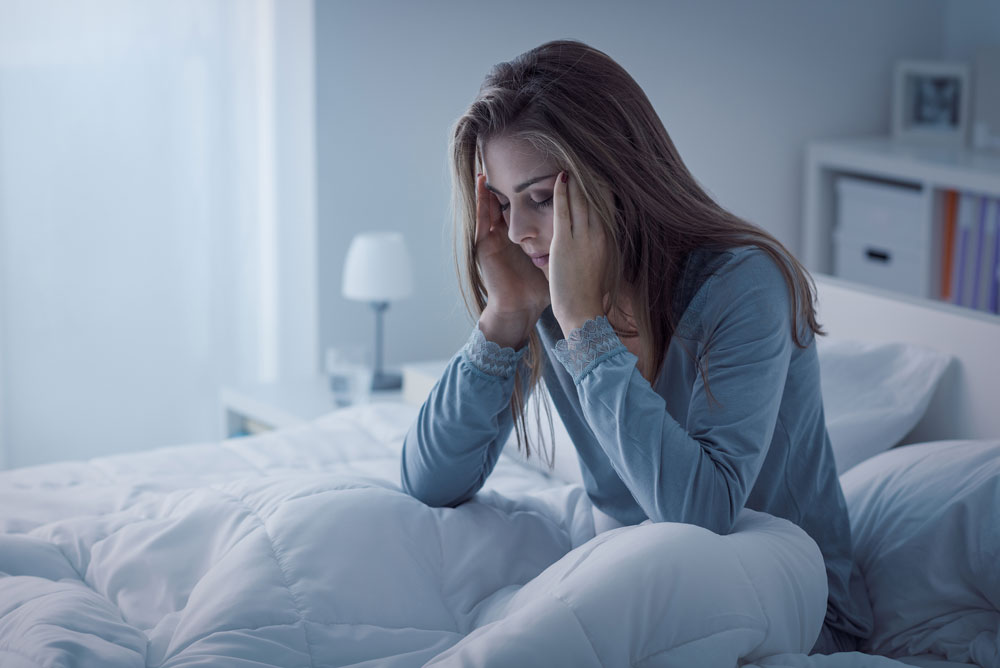Sleep is one of the most important functions our body can do for us. It allows for necessary repair to commence, boosts our mood and focus, and helps us to look and feel our best. Sleep helps us get the rest we need to take on the day and can keep us healthier for longer. So, what happens when we stop sleeping? Read on to learn more about what really happens to your body when you are sleep deprived.
Short Term Sleep Deprivation
Pulling an all-nighter might not seem too serious at first look, but it can cause some immediate effects which might have you questioning whether or not it’s worth it to stay up and finish your term paper. After all, in the short term, sleep deprivation symptoms include irritability, brain fog and a lack of focus, stress, and anxiety. It may also cause issues with falling asleep at the wheel or while operating machinery, in class or at work, or experiencing mood swings due to exhaustion.
Short term functions that occur during daily sleep include routine repair from daily wear, fighting off the cold and flu or other more serious illnesses, and boosting our immune system so it’s functioning at peak performance. Those who don’t get the necessary amount of sleep may find themselves battling frequent viral and/or bacterial infections as their immunity may be lower than usual. You may find yourself hungrier and eating a lot more than usual due to hormonal imbalances caused by a lack of shut eye.
Chronic Sleep Deprivation
If you thought short term sleep deprivation was bad, then chronic sleep deprivation symptoms are even worse. Chronic sleep deprived folks can expect some serious health issues to come their way including, but not limited to: heart disease, diabetes, stroke, high blood pressure, and obesity.
Chronic lack of sleep can seriously impair your health both physically and mentally. You may find that your cognitive performance suffers and you are struggling more often with daily tasks, experience lower productivity, and have trouble keeping up in classes. You may experience extreme lack of focus wherein you have trouble taking information in and retaining it as well as thinking critically. Over time, cognitive functions and activity may also be working at less than optimal. Often, this leads to having trouble with completing tasks you previously had no trouble with.
Physically, you may find it more difficult to lose or maintain body weight. You may be hungrier than normal and unable to feel fuller which can lead to chronic overeating. You might experience microsleep wherein you fall asleep for brief periods of time at inopportune moments. Because of a lack of sleep, you may find your emotional state is less stable than before. Suicidal thoughts, irrationality, mood swings, depression, and anxiety have all been linked to chronic sleep deprivation.
You may think there is a good reason to sacrifice precious hours of sleep. Maybe you want to go out, stay up late for work or finishing homework. Unfortunately, none of these reasons is worth the cost of your health and well being. Both short term and chronic sleep deprivation symptoms can have serious drawbacks. The consequences of missed sleep far outweigh the benefits. If you are having chronic sleep troubles, then get the help you need and schedule a consultation with Dr. Mayank Shukla today.
About Dr. Mayank Shukla: An esteemed pulmonologist and sleep doctor in New York City, Dr. Mayank Shukla utilizes a combined treatment approach to help patients gain better rest and respiration. He has successfully treated patients with asthma, allergies, and sleep disorders for over 15 years in the New York City area.

